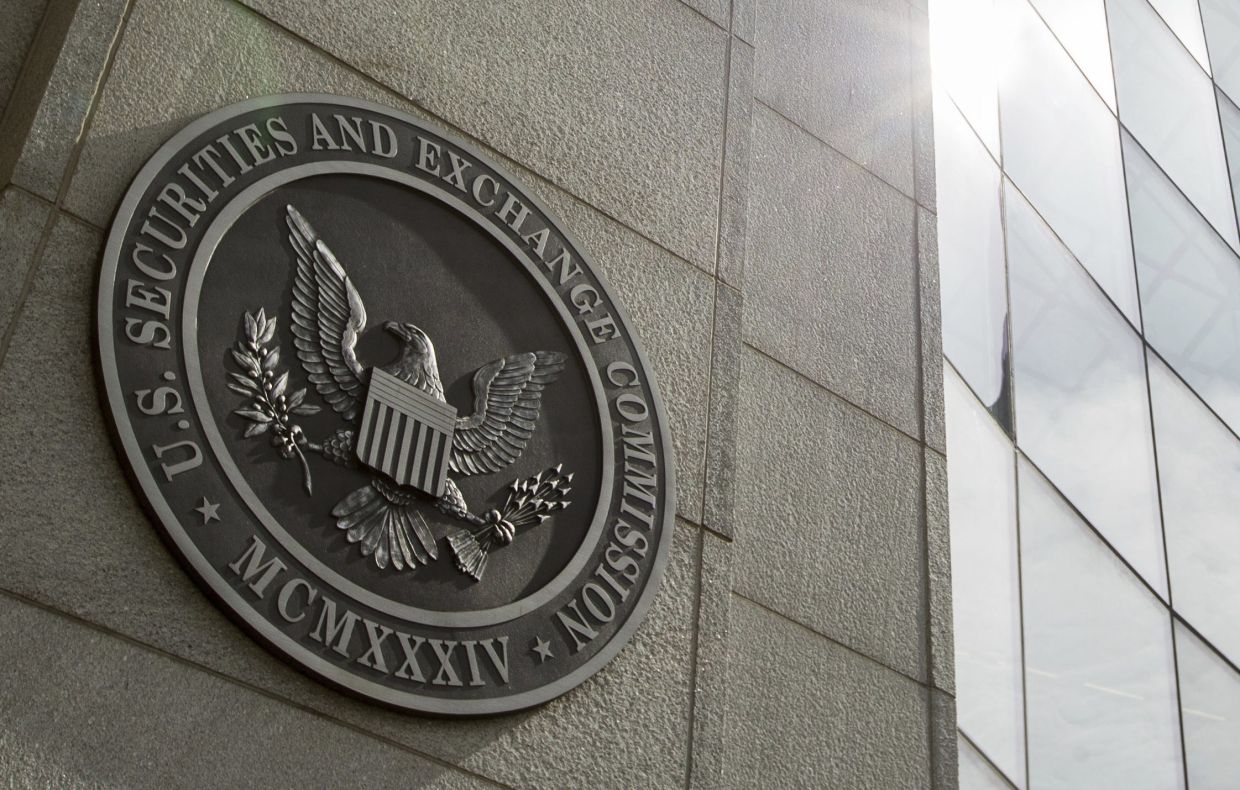
ConsenSys, a pivotal figure within the Ethereum ecosystem, has initiated a legal battle against the U.S. Securities and Exchange Commission (SEC) by filing a lawsuit in a Texas federal court. This legal move is an attempt to preemptively challenge an impending SEC lawsuit over its MetaMask wallet functionalities and to seek judicial clarity on whether Ethereum’s Ether token should be classified as a security.
Background of the Dispute
The conflict arises amidst SEC Chairman Gary Gensler’s vigorous enforcement actions against major players in the cryptocurrency industry, including Coinbase and Uniswap. The SEC’s aggressive approach has been met with significant pushback from the crypto community, which argues that the SEC has not provided clear regulations and fails to accommodate the unique aspects of blockchain technology.
ConsenSys’s lawsuit is a direct response to a Wells Notice received earlier in April, which is an official indication from the SEC of its intent to sue. In a phone call following the notice, the SEC allegedly accused MetaMask of operating as an unlicensed broker-dealer due to its staking services. Staking, which involves users pledging their cryptocurrency to support network operations and in return receive rewards, was flagged by the SEC as a potential factor transforming Ethereum from a commodity into a security.
Legal Arguments and Industry Implications
In its filing, ConsenSys argues that categorizing Ethereum as a security would be detrimental to the network and its users, potentially halting the operation of the Ethereum blockchain in the United States. Such a move would undermine what ConsenSys describes as one of the internet’s most significant innovations. The lawsuit also seeks to address broader issues, requesting the court to declare that MetaMask is not a broker-dealer and that the SEC’s actions violate procedural fairness under the Administrative Procedure Act and constitutional due process.
The choice of Texas as the venue for this legal challenge aligns with the broader crypto industry’s strategy to position potential appeals in the U.S. Court of Appeals for the Fifth Circuit, known for its critical stance on agency actions. This could eventually elevate the matter to the U.S. Supreme Court.
Industry Reactions and Next Steps
The crypto community has closely monitored the unfolding situation, expressing concerns over the SEC’s perceived overreach and its implications for innovation within the sector. Ethereum co-founder Joe Lubin criticized the SEC’s stance on staking, disputing the notion that it could categorize Ethereum as a security. He suggests that the SEC’s underlying motive might be to control the surge of capital influx into the crypto ecosystem, particularly through Ether spot ETFs, which have seen widespread popularity with Bitcoin ETFs.
The lawsuit by ConsenSys marks a critical juncture in the ongoing debate over the regulatory framework applicable to cryptocurrencies. It underscores the industry’s resolve to seek clarity and fairness in how crypto assets are treated under U.S. securities laws, which could have far-reaching implications for the global cryptocurrency market and regulatory practices.
Featured image credit: Andrew Harnik via AP
